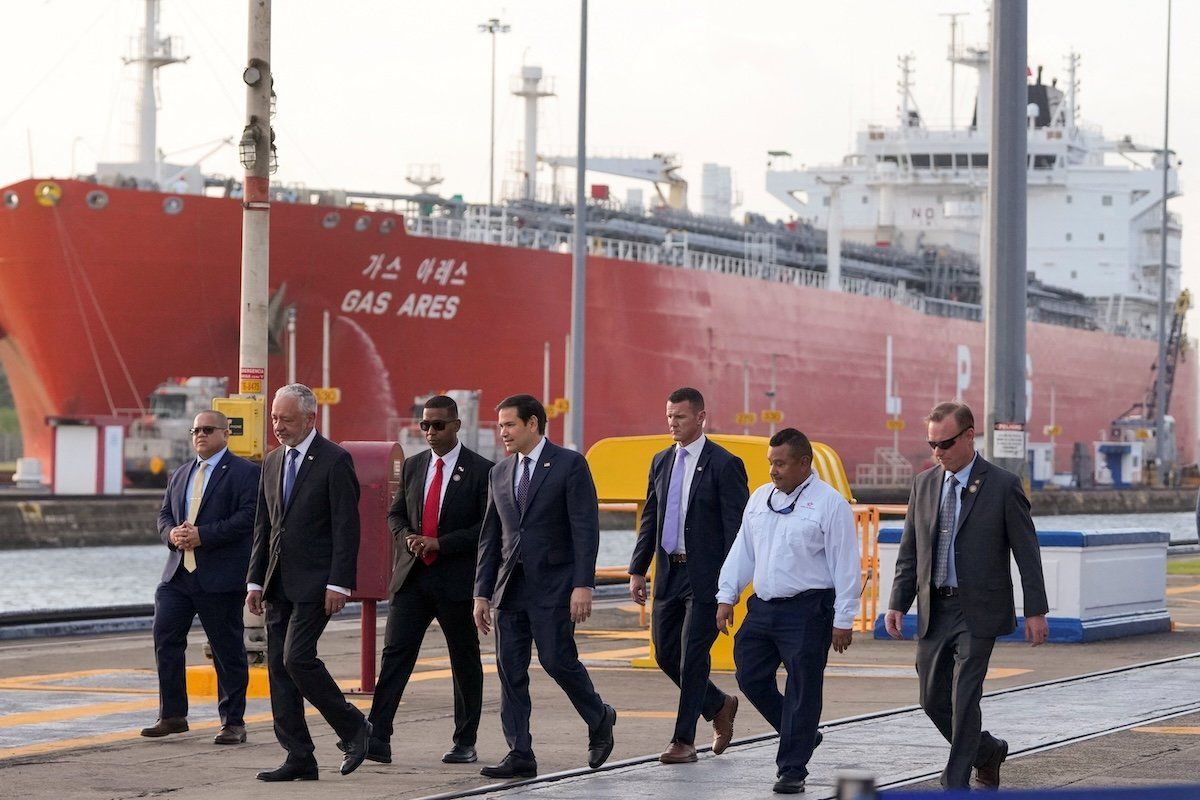Panama has said it won’t renew its membership in China’s “Belt and Road Initiative,” a global infrastructure financing program that has expanded Beijing’s influence.
The announcement followed a Panama visit over the weekend by US Secretary of State Marco Rubio, whose boss, Donald Trump, has threatened to retake control over the Panama Canal for months. Trump alleges that China is “operating” the waterway and that it is unfair for US ships to pay the same standard tolls as others.
The background: The US built the canal in the early 20th century and controlled it until 1999, when it was handed over to Panama. In recent years, China has invested in Panama’s infrastructure, and a Hong Kong company leases ports at either end of the waterway. Last week, Panama launched an audit of that company.
Panamanian authorities run the waterway, but China’s growing presence has caught Trump’s eye. He views the canal – which handles about 5% of global trade – as a critical prize in a larger, zero-sum economic rivalry with China.
What next? If Trump isn’t satisfied, he could push for a US entity to control the canal or its ports directly. Panama itself has so far refused that, but the US has vastly more leverage over tiny Panama. If he uses it, might that drive Panama back into China’s arms?
(Musical interlude: What do Trump’s canal claims have to do with reggaetón superstar Bad Bunny’s new album? See here.)